|
Our oldest son was recently assigned the chore of unloading the dishwasher. I prefer to wash dishes by hand and them place them in the dishwasher to rinse and dry. Yesterday he procrastinated about unloading the dishwasher, which prevented me from loading dirty plates and cutlery. My son didn't "realize" that he had not unloaded the dishwasher, even though I had reminded him two or three times that he need to unload, so that I could load the dirty dishes, until after nine o clock. By this time I was preparing for bed, and was not going to wash dishes. My son's consequence for not unloading the dishwasher was that he also had to load the dirty dishes.
Oh, I forgot to add the most important part. We have exactly 8 forks in the house, and all were dirty at dinner time. All the salad plates were also dirty. My son was able to see first hand what happens when individuals in the home don't do their part.
This morning I walked downstairs to a clean kitchen and clean dishes. Hopefully he has "learned" his lesson, but if not another meal time or two without clean plates or utensils will reinforce the lesson.
0 Comments
In July of 2020 we moved from almost 4000 sq. feet to just under 1200. I consider this my tiny house experimental phase because 300 sq. feet per person seems cramped, especially when one of us is attempting to operate a small business or a hobby (depending upon the day) out of the combined living room/ play room, and another of us has enough toys to operate a small retail boutique. Shortly after moving the majority of our youngest son's toys were placed into storage, but many still remain. Toys are the work of children, so I can't eliminate the very things that develop his imagination, gross and fine motor skills, vestibular systems, and all the other parts of the brain and body that require engagement through play. Some mornings I walk downstairs and I am completely overwhelmed by the thought of cleaning the toys scattered around his play area. I avert my eyes and walk away. Well, maybe I am not overwhelmed by the thought of cleaning, I am overwhelmed by the thought of picking up the mess, and then having to do it all over again tomorrow, and the next day, and the next day, and they day after that. If I tilt my head while working at my desk, I can't see the mess. Expectations Vs. RealityI understand that not everyone can or will take this approach, and that there are many that have an unrealistic belief that a four year old child should be able to clean up the mess. If I am overwhelmed by the mess, someone with decades of cleaning and organizing experience, why would someone who is still learning to group by color, shape, and size not feel a sense of panic when faced with the daunting task of cleaning Toys R Us after the equivalent of an earthquake?
Ideally, early on, parents should implement a system, perhaps, that a child shouldn't take out more than one toy, game or activity at a time, before putting it away and selecting another toy, game or activity. I have a one track mind and this never happened in my home. When I begin to work on a project, and my son is in the same room quietly playing, I am happy and content, but I have also reinforced the idea that what he is doing is acceptable. This is not to say that his way is good or bad, but it has become my son's standard for play even if it goes against what I would prefer to keep keep order in the home. Since I failed to instruct my son in the one toy out at a time standard, I can't arbitrarily enforce this standard without first teaching it to my son. I can't impose a consequence on a rule with which he is unfamiliar, and I can't walk around with a garbage bag threatening to throw away his toys because I am triggered by a mess I did not properly manage. Manage Not ControlEven though the toys belong to the child, as the rational, logical, adult, it is my job to manage his toys. Manage, not control. It is my job to teach my son how to create and maintain a safe, play area that is cleaned at the end of each day. At the age of four I am not going to implement the one toy out at a time policy, because to me that borders on controlling how the child plays. Maybe my son wants to build a structure out of his marble run, Jenga and train set. Why should I have the power to dictate how he plays? I should not, so instead of controlling his toys with a one in and one out rule, I decided to reduce (manage) the amount of toys to which he has available for use. Instead of twenty bins of toys, my son has access to six bins of toys in addition to books, trains, and costumes. With less mess to clean, it will be easier to pick up toys at the end of the day. Our son can swap out one bin of toys for another by asking, if he would prefer to play with something else. My hope is that with time and maturity, and as we become better at nightly cleaning, I can periodically add a bin of toys to the rack. Where Did the Obsession Begin? For many adults, a home that is less than immaculate is triggering. While I am not going to tell someone how to keep their home, I would ask that adult to think back to their childhood in hopes of possibly identifying their obsession with cleanliness and order. Did your parent's preferences for a spotless home limit your creativity or ability to play within your own home? Were you denied the use of certain materials? Some adults take the view that the home is theirs and children are treated as extended stay guests with limited rights and freedoms, instead of people who actually live in the home and have a right to do more than exist.
Everyone in a family should feel comfortable within their household, but also as adults we have to realize that we are possibly holding on to emotional baggage or trauma that prevents our children from being their authentic selves. Unresolved Adult issues should never interfere with our children's childhood. We should either seek therapy, turn to mediation, self help books or methods or even the power of our mind and resolve to free ourselves of the pain that threatens the relationship with our children. Conscious Parenting is about controlling what we can control (ourselves), and teaching our children realistic and age appropriate lessons that will benefit them now and within the near future, but will also apply to other situations again in life. Conscious Parenting is not a race to transform your child overnight. Think of it not as a 100 meter freestyle, but an entire Olympic Games. Winning one event is good, but the true reward comes after 16 days of more wins than losses, but the wins are the result of years of discipline and coaching. The real victory in conscious parenting comes months or years later, when you see the results of not just your coaching, but your child's finally mastering the lessons taught. 12/31/2020 0 Comments It's Me, Not you.Have you ever broken up with a person and told them, “it’s me not you”? If you haven’t ever stated this perhaps you have watched it in a move or television show. The speaker is attempting to communicate that the problem with the relationship lies within themselves, and not with the other person.
I don’t know if this “it’s me and not you” is an honest sentiment in adult relationships, but it is an accurate representation of parent child relationships. The parent enters into the relationship, or should, possessing the tools necessary to manage their emotions, navigate conflict, communicate their needs, and accepting that the person to whom they gave birth is an individual being with its own personality, needs, and desires. During the course of parenting the child, different emotions will surface, some mild, some intense. As the child matures and enters different stages, the parent will feel challenged in ways possibly never imagined; which might trigger something within that might prompt a parent to lose control. If the parent is attempting to control the child, the likelihood of loosing control is greater than if the parent focuses on the the one aspect of the relationship they can control: their emotions, their response, their behaviors. Parents have the responsibility of creating an environment that will foster connection through communication with their child. The responsibility of creating a healthy relationship with a child begins with the parent. So, perhaps, before your next heated exchange with your child, stop and think, “it’s me, not you”.
I have learned over the years, but never experienced this directly or even indirectly that potato salad is a "big deal" in the black community. Honestly, I don't recall eating it often at home unless it came along with a BBQ plate or as a side with fried chicken from Kroger's Deli.
Anyway, I felt a sense of embarrassment for the person who sprinkled raisins over potato salad as I wondered if they used Golden or Flame to accent the dish. I also wondered if the black communities' seemingly collective insult of a white person's potato salad prevents our children from exploring the world on their terms, and doing something that goes against the established norms in the black community. As I grew older, I became aware of a list of things that I discovered are reserved solely for white people. With the exception of being told not to wash my hair daily, because only white people did that (which for me works perfectly well, thank you very much), I was not reared in a home or among family which labeled activities as white or black. However, at some point during my adolescence, as my network of black associates grew, so did my exposure to this belief. The list seemed and seems oppressive at worst and overly safe at best. Life is an individual experience that should not follow the script created by someone who is afraid sky dive, scale a mountain or only use the "approved" ingredients in potato salad. Two or three weeks ago as I gathered the ingredients to make pesto macaroni and cheese, I realized that we did not have any heavy cream. Instead of running to the market, I grabbed a container of plain whole milk yoghurt to use instead. As I spooned the yoghurt into the mixture of noodles, butter, cheese and pesto, I realized that earlier in the week I had added honey to the entire container to slightly sweeten the yoghurt as my young son often requested the combination for breakfast or lunch. I feared that my meal was ruined, as I speared a few noodles with a fork and raised it to my mouth. I expected to wrinkle my nose in distaste and to flinch as I swallowed. Instead, I experienced Umami. My taste buds awakened and cried out for more. My husband declared it the best he had ever eaten, and our family takes macaroni and cheese seriously. If I were to share my recipe, I would become the laughing stock of black social media. Even admitting my mistake could place me in jeopardy of public ridicule, and actually, I am okay with that, because my oldest learned two important lessons that day, improvise when you can, and it is okay to add raisins to potato salad. 8/25/2018 0 Comments I Talk to Myself, to ReflectAs a young girl, I did sleepovers. Some of my best memories and sadly, some of my worst, too. But we're keeping it positive today. This particular sleepover story is about the momma that always washed dishes while we played or watched TV. Normal, but she did something that made me and my friends giggle. She talked to herself. Out loud. With emotion and intonation and like she was having a real live conversation with somebody. She would tilt her head. Contort her face. And ask questions. She'd often stop and notice us laughing. She'd say, "I know yall laughing at me," and then go on about her business.
There is a reason she could respond in gentleness to her children, she had learned how to respond with gentleness to her self. Yes. There was a song I use to sing as a little girl with the lyrics, "I talk to myself 'cause there is no one to talk to. People ask me why, why I do what I do." Well, I know why she did it. I learned much from her. I admire her and her children greatly. She has impacted my life in more ways than I count and I'm sure many more ways that will be revealed later to me as I employ what she unknowingly taught me to do...REFLECT.
Yesterday this beautiful article (click the button below) from 2016 came across my timeline, and as I read it, I knew that little black boys needed to hear this exact message, or something tailored for their place in today's society. I and my team of exceptional Positive Parenting passionate moderators produced this list of what little black boys need to hear every day on their journey to manhood in a country, or a world, that is often wary or resentful of their presence.
7/3/2018 0 Comments Bed WettingBy Pia Mattix Davis Peter Dazeley / Getty Images Nocturnal enuresis, or bed wetting, is a fairly common childhood occurrence. For many reasons, parents tend to become annoyed or frustrated when their child wets the bed after potting training. Unfortunately there is little correlation between daytime and night time bladder control. According to the American Academy of Family Physicians, nocturnal enuresis is not a result of drinking liquids before bedtime, the result of a psychological problem, laziness or to spite parents.
Instead Nocturnal enuresis is often caused by:
Before and after seeking help from medical professional, parents should empathize with their child, and show compassion and respect. Treat bedwetting as you would any other accident.
Bed wetting like, waking at night, and toddler tantrums will soon become a thing of the past, but a child’s remembrance of their parent's response to everyday events can linger for a lifetime. #empathy #respect #positiveparenting 7/2/2018 0 Comments It's Not Okayby Pia Mattix Davis As parents most of us have said to our children at sometime "it's OK".
But is it really OK or are we just attempting to silence the child's cries and frustration instead of hearing what they have to say? As parents we are responsible for helping our children to nurture and develop their own voice, but when we tell them that it's OK, we are negating what we are attempting to teach. Instead we communicate that what the child is feeling right now is not what they should feel. So when your daughter falls off of her bike and hits her knee on the ground, or when your son is sad because someone hurt his feelings, instead ask, "does it hurt", "are you in pain", or "are you OK", and allow your child to answer. If your child has yet to develop the vocabulary to fully express his feelings, it is acceptable to offer choices of words to help the child to identify and to communicate how they feel. It is never OK to tell the child how he or she feels. The image above is a stock photo. Yesterday my 2 year old son walked through the front door holding his shoes in his hand. I asked for his shoe, and instead of placing them on top of the shoe organizer, or in the organizer, I placed his shoes side by side on the floor in front of the shoe organizer. He began to whine and said no, as I turned to walk away.
I almost insisted that it was okay to leave the shoes on the floor as he picked them up and placed his shoes next to a pair of my ballet flats, but I stopped myself. Insisting that he leave the shoes on floor could have undone months of training and modeling. As parents we put so much time into training our children, but one lax moment can undue our efforts. Children thrive on consistency and routine and when they don't have it, they are confused. This was something basic, a pair of shoes on the organizer, but it reminded me that I must always remain conscious of the verbal and nonverbal messages that I communicate to my children. We must all remain conscious of the weight of our actions on our children who are always watching us. 10/19/2017 0 Comments MINOR CONSIDERATIONSBefore I came to my senses and made the decision to wash my pump parts at work instead of transporting them to and from home each day, there were many mornings that I lacked the necessary tools to relieve my ever increasingly engorged breasts of milk.
At the time my husband and I shared a car and he dropped me off at work, so returning home was not an option, neither was making a run to Walmart. On the days that I knew my husband was available, I would call him and he would bring me the pieces that I needed. Once a close friends who also pumps had her husband bring her spare pump to my office, and on another occasion, a complete stranger responded to my request for assistance in a local breastfeeding group. If I, a working mom with two children, can be rescued in my time of need, then why can't that same grace be extended to children? The lessons learned during childhood mold us into the adults that we become. Those lessons should serve to build character and instill the traits needed to thrive. If I forget my lunch at home I can reach into my purse, pull out my credit card and order take out. If I forget a work assignment I can drive home and retrieve it before the deadline. A child in school does not have those options. There option is to call mom or dad. I don't see this as a lesson in problem solving, as much as I see it as a reminder that the problems of children are not given the same consideration as those of adults. Edited 10/20/2017 10/10/2017 0 Comments THE CLEAN PLATE CLUBBy Pia Mattix Davis I refuse to eat raw or cooked spinach unless it is in a casserole or sauce. My oldest son only eats broccoli, while my baby is a fickle pickle and will devour asparagus one day and spit it out the next. As their parent, it is my job to provide wholesome meals, but I don't have the time, energy, or the desire to force either boy to consume unappealing foods.
I loved spinach up until 4 or 5 years ago, but one day I detected a filmy texture that lingered. I attempted to eat spinach on many other occasions, but the filmy texture remained. Up until last year my oldest refused to even consider eating sushi. One day I convinced him to try a bite and since then has has been hooked! What is my point you ask? We as parents can't respectfully force our children to eat the foods that we enjoy. Stuffing a child's mouth full of collard greens or forcing them to remain at the table until the liver is gone will not cultivate a love for that particular food. Instead it builds anger, and creates resentment and can rob a child of the possibility of one day enjoying something that they once despised. We work hard to fashion our children into rational, human beings, so can't we trust and honor their choice when they tell us that they don't like green beans? 10/3/2017 0 Comments Humanityby Pia Mattix Davis Incorporating Positive Parenting into our daily routine is not the same for us as it is for mothers of other ethnicities. Our community has a history of fear and control based parenting that is rooted in slavery and a reaction to systemic racism. Our past is real, but we can’t allow it to destroy our children.
Slavery denied our ancestors of their humanity through the use of shaming and both mental and physical abuse. As parents, when we resort to these measures to punish (control) our children, we strip our greatest assets of their humanity. 9/29/2017 0 Comments R.E.S.P.E.C.Tby Pia Mattix Davis From birth, our children deserve to be respected as humans and as individuals in the choices that we make for them. Until they develop a voice of their own, we must consciously consider how our choices affect their lives. A baby who is sensitive to lights and sounds should not be subjected to a noisy concert or worship service, and a toddler who is fearful of new people should not be forced to sit in Great Aunt Gertrude’s lap.
As adults, if we don’t like loud venues, we have the choice to remain at home. If we don’t want to hug a stranger, once again, we can make the choice to shake hands or simply say hello and remain with the confines of our personal space. 9/28/2017 0 Comments OUR HOUSE, OUR RULESAs parents, it is our responsibility to provide a home for our children. It is not my home, or their home, but our home. Our children should not feel as if they are guests in a house in which they can claim no rights. A home can’t properly function without rules, and a home with too many rules can feel like a prison.
Balance and communication are essential to creating rules that will allow our children to thrive in the home. As a family, we should implement boundaries and restrictions that serve to guide our children on their journey, instead of those that stifle their growth. 9/27/2017 0 Comments DO AS I SAY
I was raised in a home in which the phrase “Do as I say, and not as I do”, was a primary parenting philosophy. From premarital sex, to lying and everything in between I was expected to adhere to a moral standard which was not upheld in the home that my mother provided. At a young age I was confused, and as I grew I began to view her as a hypocrite.
I am not perfect, and I don’t profess to be, but I strive to live the life that I want my children to emulate. I can’t hold them to any standard which I myself can’t maintain. 9/26/2017 0 Comments Just one Wordby Pia Mattix Davis Let’s be real. It is completely normal and understandable that our children will get on our last nerve. Unlike our adult friends (who also can get on our last nerve) who recognize when we need space and back off, our children don’t or even if they do, their needs come before ours.
Sometimes we aren’t in the mood to parent, but unfortunately we can’t pick and choose when we want to engage with our children. Even at those moments, when deep down in the back of our mind, we want to tell them to get lost, we can’t. As a wife, I would be devastated if my husband told me to scram when I needed him. At moments such as these, it is wise to have a word or phrase to say to your children that will help to change your perspective. When I am frustrated most, I tell my boys that (word omitted in the event that my children find this page). This simple phrase forces me to stop and consider my words to ensure that I even when disciplining, I am building them up and not tearing them down. 9/25/2017 0 Comments It's All About Usby Pia Mattix Davis At the bare minimum, Positive Parenting is nothing more than how we respond to our children. We as parents must control our emotions, and speak to our children with patience, compassion, and respect at all times. Childhood is a time of tremendous learning and growth, and our children require guidance and redirection during these formative years. Our children need safe spaces in which they can make mistakes and receive advice and discipline that will guide them as they grow into men and women. We must extend the same patience and grace to our children that we would like to receive from our employers and our spouses.
|
Lose ControlParenting Strategies to help move the focus from the child's behavior to the parent's response. Archives
March 2021
Categories |
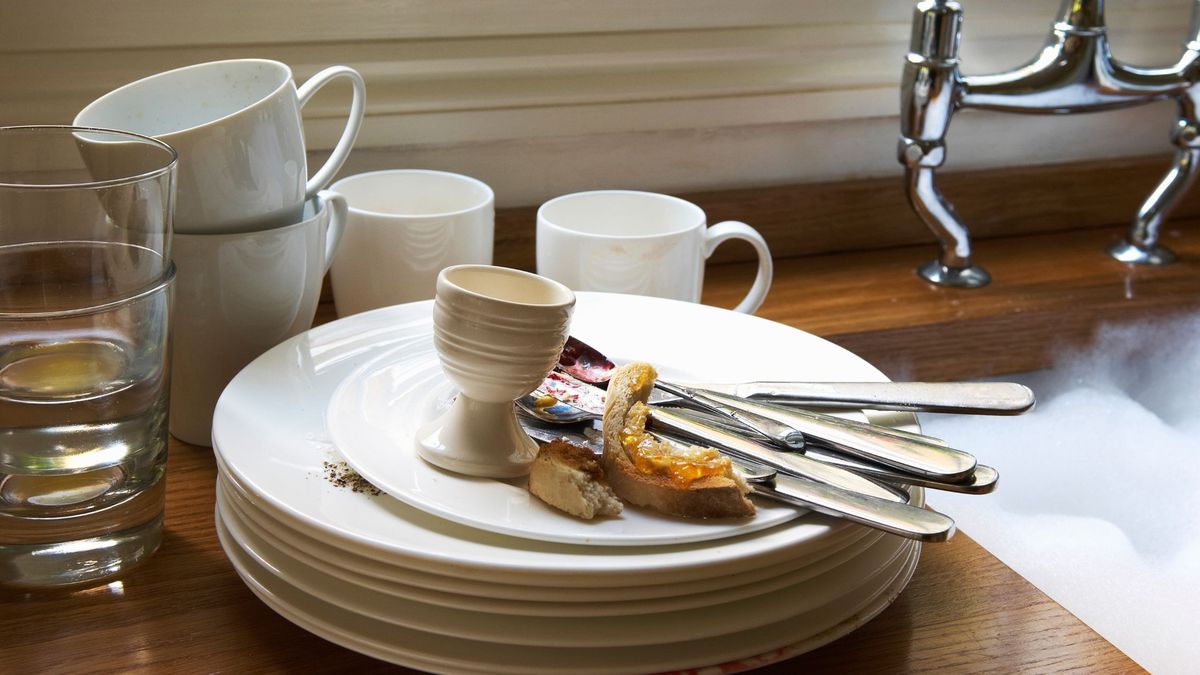
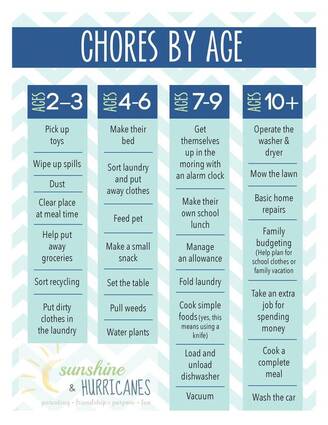

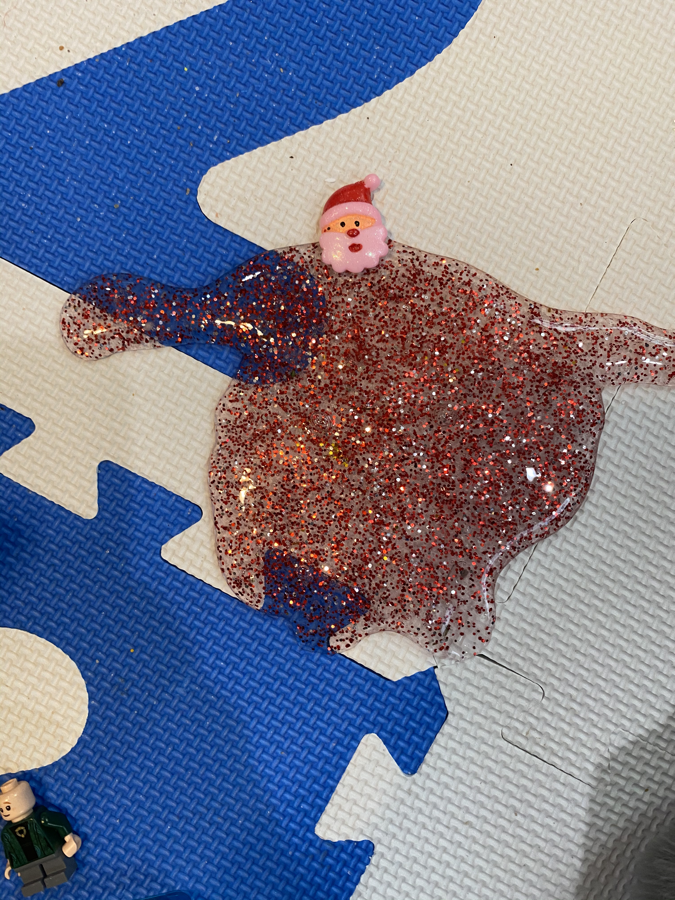




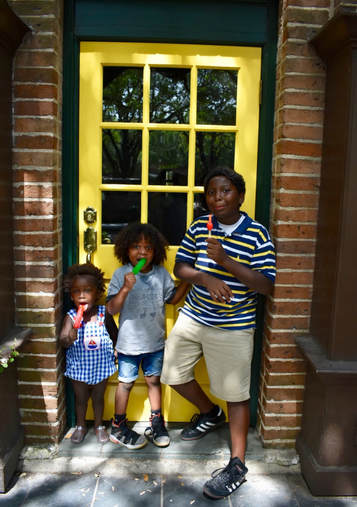
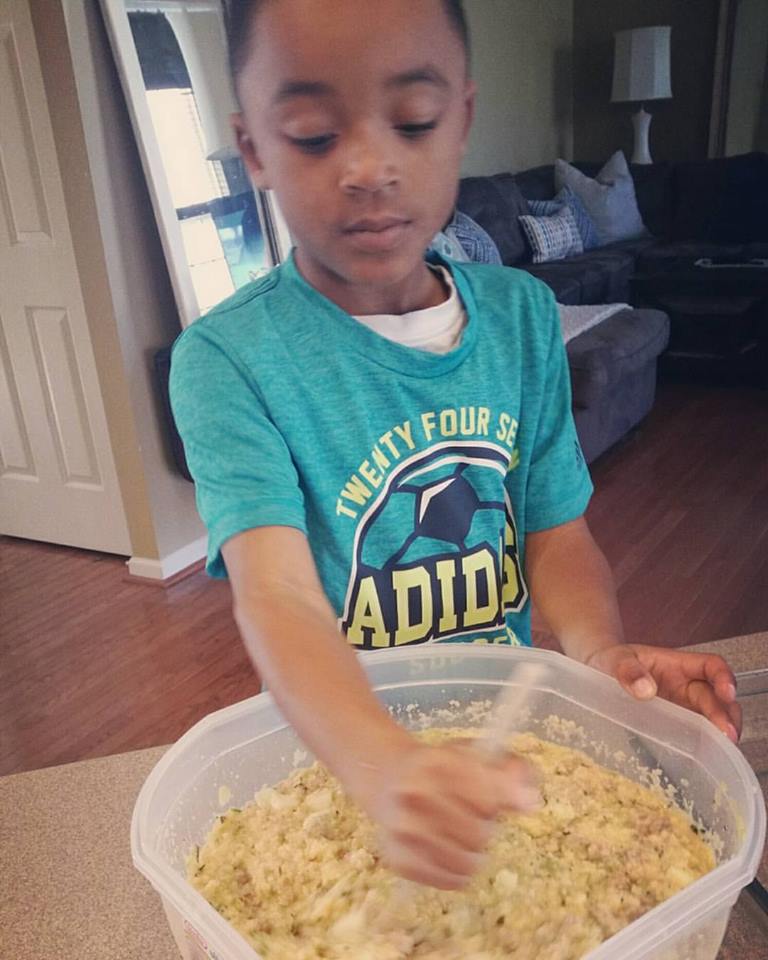
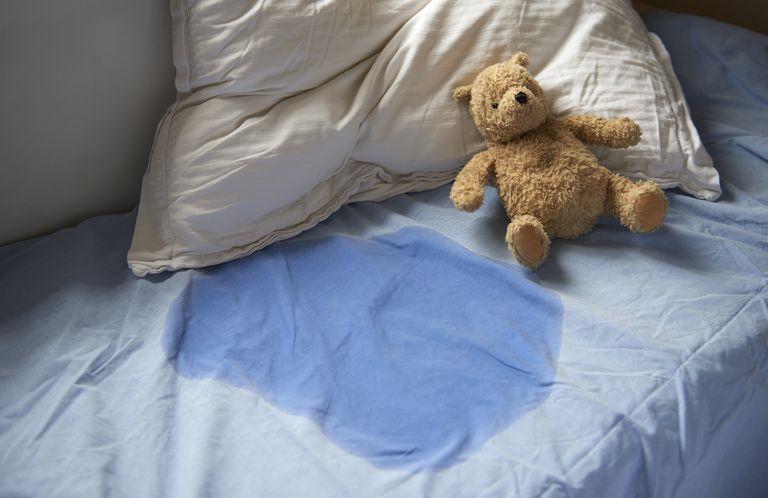
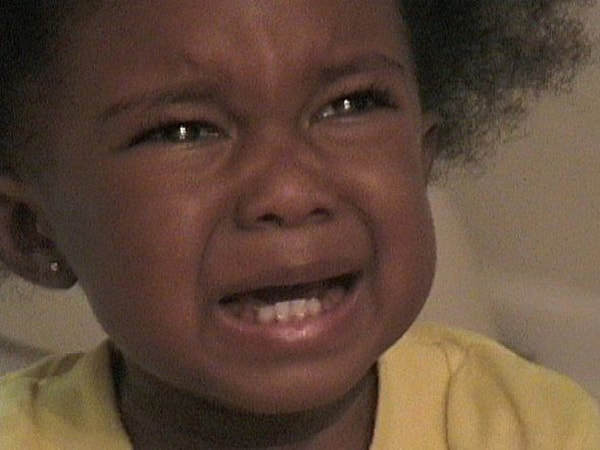
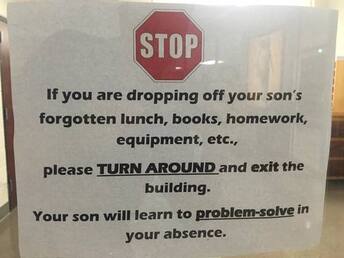

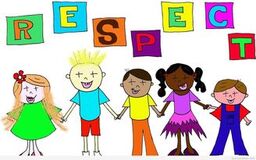

 RSS Feed
RSS Feed
